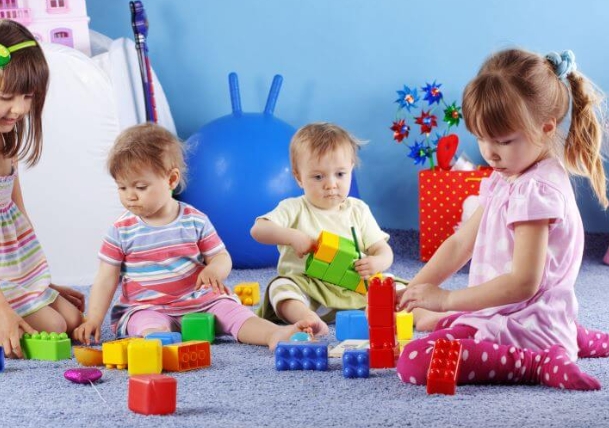As children grow and develop, their play evolves as well. Moving beyond associative play, children begin to engage in more complex and interactive forms of play that challenge their cognitive and social skills. This next level of play is crucial for their overall development and prepares them for more advanced forms of social interaction.
Exploring Cooperative Play
Cooperative play is a form of play where children work together towards a common goal or outcome. This type of play requires communication, collaboration, and problem-solving skills. Children learn how to take turns, share responsibilities, and contribute to the group’s success. Cooperative play helps children build empathy and learn how to work effectively with others.
Engaging in Imaginative Play
Imaginative play allows children to explore their creativity and imagination. This form of play involves pretending, storytelling, and role-playing. Through imaginative play, children can experiment with different roles and scenarios, develop their language and communication skills, and enhance their understanding of the world around them. Imaginative play also helps children build emotional intelligence and empathy as they take on different perspectives and experiences.
Challenging Themselves with Constructive Play
Constructive play involves building, creating, and designing. Children use materials such as blocks, Legos, or art supplies to construct new creations. This type of play encourages problem-solving, spatial awareness, and fine motor skills. Constructive play also fosters creativity, persistence, and a sense of achievement as children see their ideas materialize into tangible creations.
Moving Beyond Associative Play: The Importance of Social Skills
As children progress to more advanced forms of play, they further develop their social skills. Cooperative play teaches children how to communicate effectively, resolve conflicts, and work as a team. Imaginative play allows children to practice empathy, perspective-taking, and emotional regulation. Constructive play encourages collaboration, creativity, and problem-solving. These advanced forms of play help children navigate social interactions, build relationships, and develop essential life skills.
In conclusion, moving beyond associative play to more advanced forms of play is crucial for children’s development. Cooperative play, imaginative play, and constructive play all offer unique opportunities for children to build social, cognitive, and emotional skills. Encouraging children to engage in these forms of play can help them grow, learn, and thrive as they navigate the complexities of the world around them.

